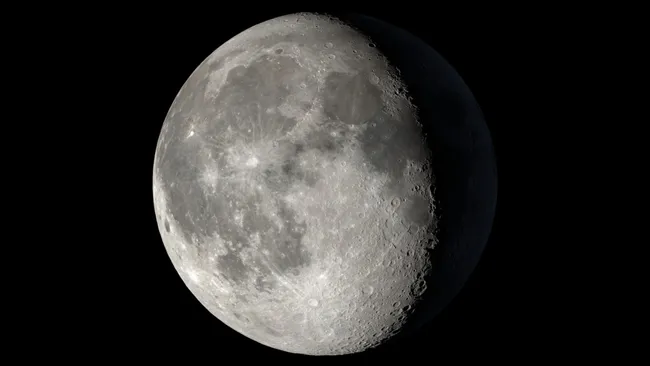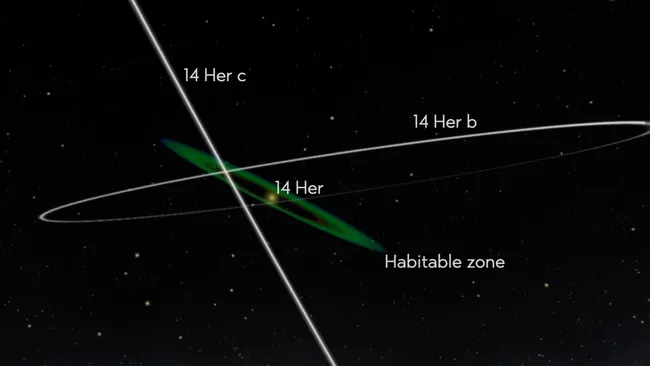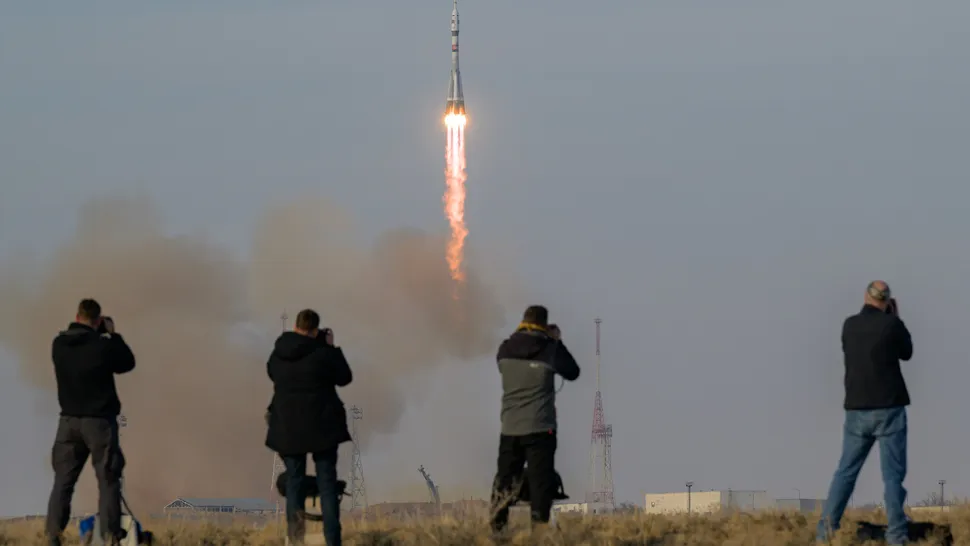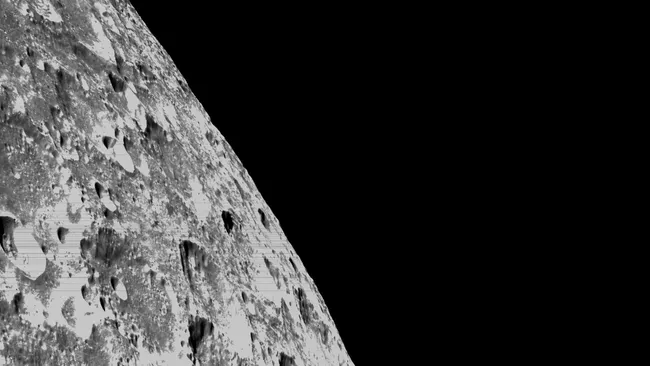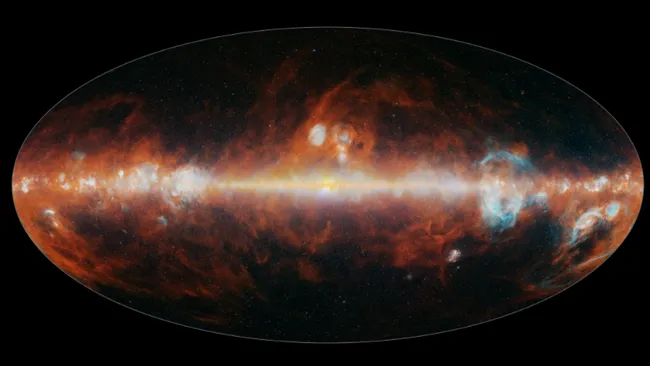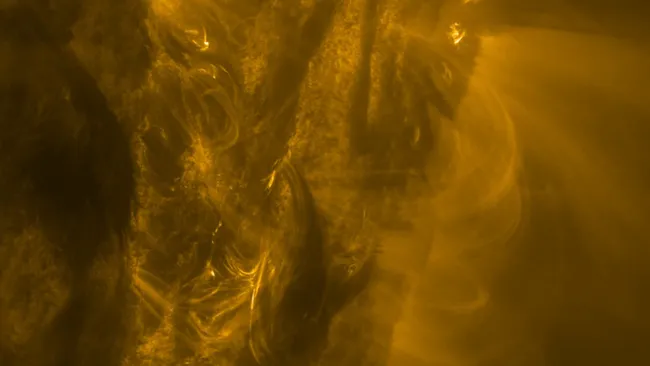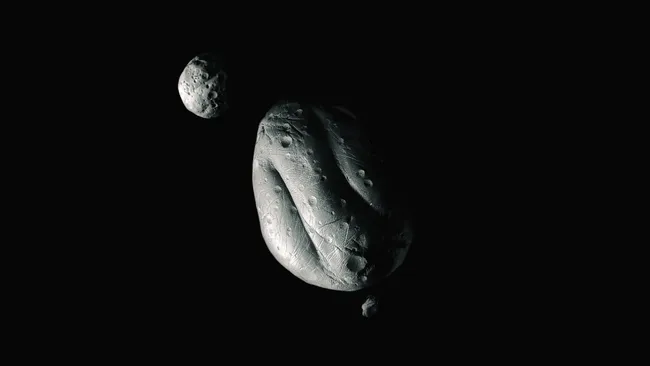Many people wonder, does the full moon affect sleep, especially when they toss and turn under the lunar glow. For generations, beliefs claimed the full moon affects sleep and behavior, fueling myths about madness linked to moonlight. Even the word lunacy originates from luna. Police officers and hospital workers often report busier nights, yet science paints a subtler picture.
Research suggests the full moon affects sleep modestly. Studies show people sleep 20 minutes less before a full moon, take longer to fall asleep, and spend less time in deep sleep. Large population studies confirm that across cultures, people go to bed later and sleep shorter around this period. Light is the main culprit. Bright moonlight delays the internal clock, reduces melatonin, and keeps the brain alert. These effects are strongest in locations without artificial lighting, like rural areas or during camping. Some data hint that men may lose more sleep during waxing phases, while women may have slightly shallower sleep near the full moon.
The long-standing belief that lunar phases trigger madness persists, but scientific support remains weak. Folklore once claimed the full moon affects sleep and mental stability, sparking mania, psychosis, or seizures. Modern science instead shows sleep loss itself increases anxiety, lowers mood, and raises the risk of worsening mental health conditions. This makes individuals with bipolar disorder, schizophrenia, epilepsy, or depression more vulnerable if their sleep is disrupted. Teenagers, highly sensitive to sleep cycles, may also feel effects more strongly.
However, broad population studies do not show consistent spikes in psychiatric hospitalizations tied to lunar phases. While isolated reports from India and China noted slight increases in psychiatric events around full moons, patterns are inconsistent worldwide. Cultural or healthcare system factors may influence these findings as much as any biological effect.
Other theories, such as gravitational pulls or geomagnetic shifts, have been investigated and largely dismissed. Tidal forces cannot meaningfully affect human physiology, and atmospheric changes do not reliably align with behavior shifts. This leaves nighttime brightness as the most plausible mechanism linking lunar phases and sleep.
Why does belief persist? Psychologists explain it through illusory correlation. People remember unusual events during a full moon while ignoring quiet nights. The moon is highly visible and easy to blame, unlike stress, caffeine, or phone screens, which quietly disrupt sleep far more.
The key lesson is that evening light matters. Our bodies follow natural light-dark cycles. Extra light delays circadian timing, reduces melatonin, and fragments sleep. The same biology explains why daylight saving time harms public health, increasing accidents and cardiovascular events by shifting schedules artificially.
Ultimately, while the moon can nudge sleep patterns slightly, artificial light has a far greater impact. For those who ask, does the full moon affect sleep, the answer is yes, modestly. But if restless nights happen often, the culprit likely sits in your hand, not the sky.

